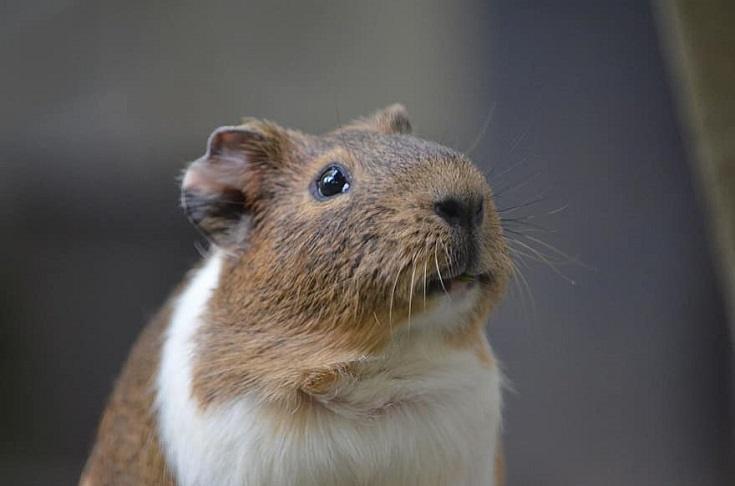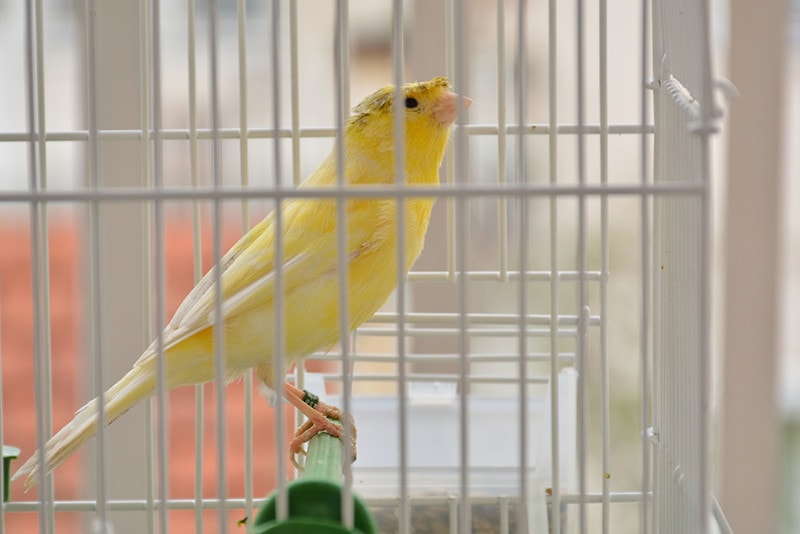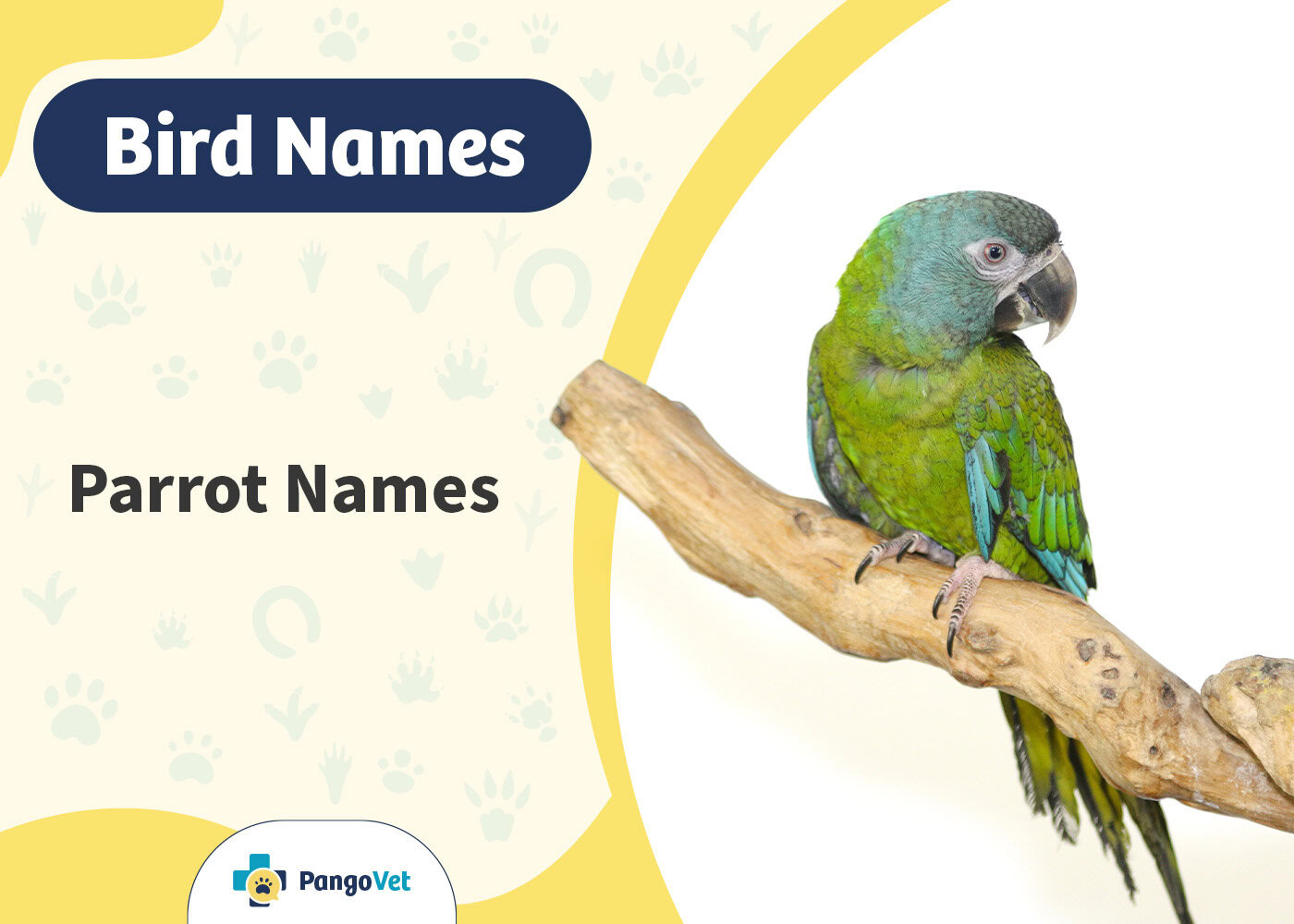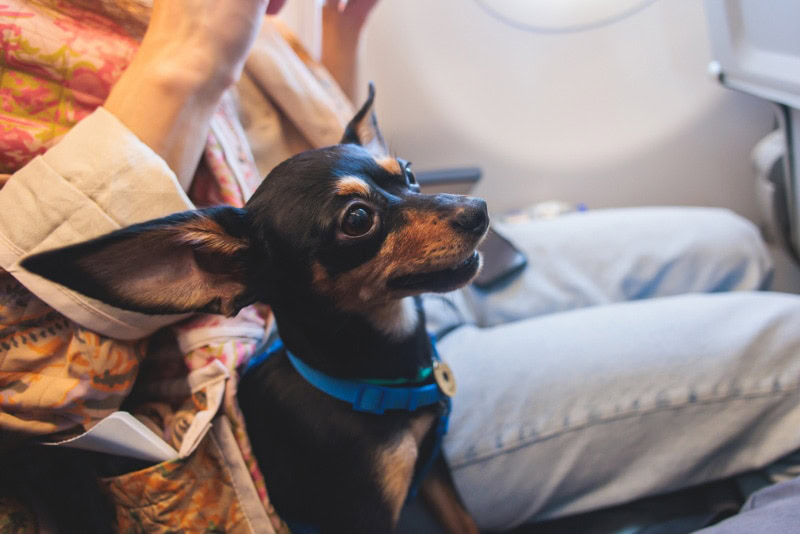VET APPROVED

The information is current and up-to-date in accordance with the latest veterinarian research.
Learn more »Click to Skip Ahead
Guinea pigs have many interesting methods to communicate how they are feeling, from grunting when they are angry, or purring when they feel happy, fearful, or relaxed. Guinea Pigs make a lot of sounds to communicate and purring is one of them. They also show various physical signs that can show how they are feeling.
Many guinea pig owners may be surprised to learn the reasoning behind their guinea pigs’ low purring mixed with squeaking, which can happen for a variety of different reasons depending on your guinea pig’s mood. The reason guinea pigs purr and how it can help them communicate and make them feel better is quite interesting.

How Do Guinea Pigs Purr?
All guinea pigs can purr by contracting their outer diaphragm muscles while the inner muscles are relaxed, causing air to escape. This causes faint vibration sounds to occur, typically between 20 to 30 vibrations per second. Even though guinea pigs can purr, not all of them will.
A guinea pig’s purr can sometimes be drowned out by other sounds such as squeaking, and you may only be able to feel your guinea pig purring if you are holding them. When a guinea pig is purring, it may feel like they are vibrating or a low humming sound is coming from their body.
The purring sound comes from deep inside your guinea pig’s chest, and guinea pigs will not necessarily open their mouth when purring unless they are making another noise along with purring. The frequency of their purrs can start low and become higher pitched depending on the reason your guinea pig is purring.
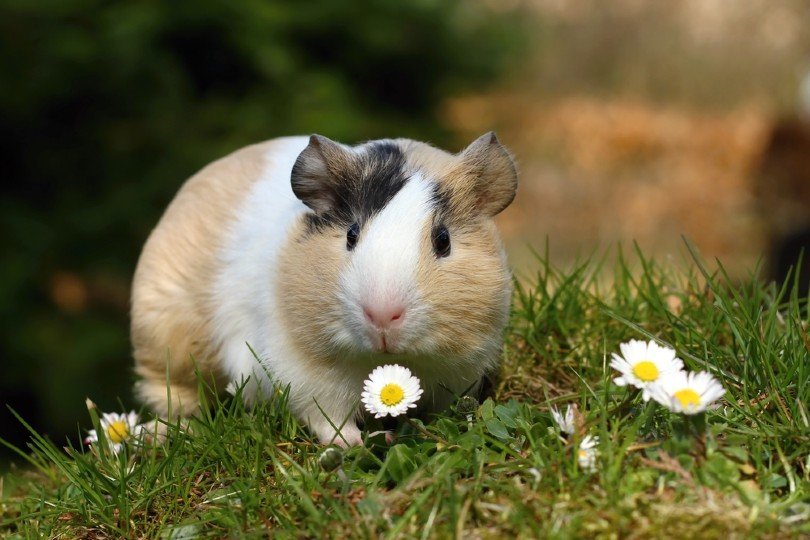
Why Do Guinea Pigs Purr?
Most guinea pig owners believe that purring in guinea pigs is an absolute sign of happiness and contentment, however, guinea pigs can also purr when they are stressed, in pain, or feeling threatened. Much like cats, guinea pigs’ purrs can be soothing and can help reduce stress. Guinea pigs will commonly purr when they are relaxed and happy, whereas other guinea pigs will purr to communicate with others in the herd.
The 4 Main Reasons Guinea Pigs Will Purr
1. Happiness and Relaxation
If you have ever handled or petted a guinea pig, you may notice that they produce a low vibrational purr as they start to relax. When guinea pigs purr from happiness or relaxation, it will usually be a lower-pitched purr while your guinea pig shows a relaxed posture.
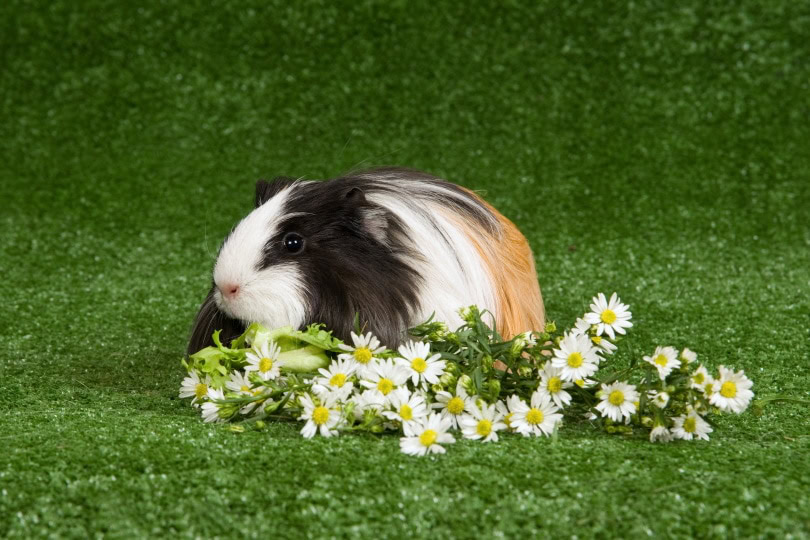
2. Pain Management
Guinea pigs who are in physical pain may produce a constant vibrational purr to soothe themselves. Purring in animals has been associated with pain management due to the natural healing properties of the vibrations and to promote relaxation. Guinea pigs who are in pain may also chatter their teeth or produce bursts of high-pitched purrs if they have an injury.
3. Fear and Stress
Guinea pigs may purr to ease their anxiety and fear to help promote relaxation. A short, high-pitched purr (possibly accompanied with teeth chattering) with a motionless body and wide eyes can indicate your guinea pig fears something in its environment. It may be stressed due to loud noises, aggressive companions, or a guinea pig that is not yet used to human interaction and is being handled.
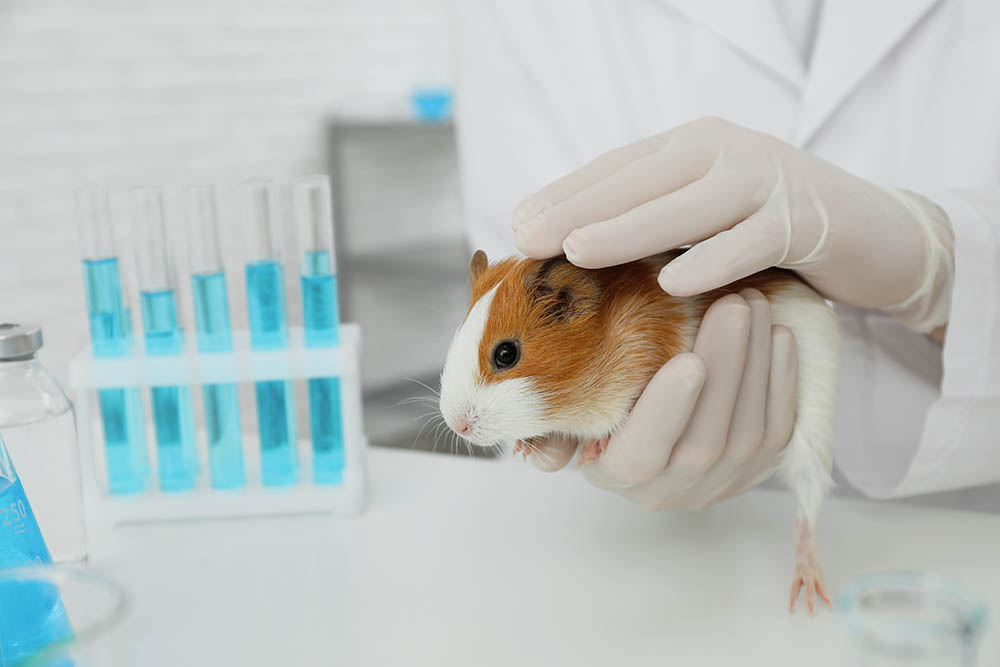
4. Mating and Dominance
A guinea pig may move slowly and produce a low-pitched purr when they strut. This can also be a mating call for guinea pigs or can be a way for guinea pigs to assert dominance with other members of the herd.

What Does Guinea Pig Purring Sound Like?
A purr from a guinea pig will sound like a rhythmic vibration throughout their body, which can be heard and felt if you are close to your guinea pig. Purring is often confused with other forms of verbal communication by guinea pigs, as some guinea pigs will make other noises like grunts and squeaking in addition to the purring sound.
If your guinea pig is purring because they are relaxed or happy, the pitch of the purring may be lower and more relaxed. Your guinea pig will not vibrate as much as if they were purring due to fear or annoyance. Guinea pigs may purr for a longer time if they are purring to soothe pain and anxiety.
Some guinea pigs will make a mixture of chirping and squeaking sounds with a higher-pitched purr when communicating with other guinea pigs in the herd or showing their excitement.


Conclusion
Purring is an interesting behavioral trait and form of communication in guinea pigs. Different types of verbal communication in guinea pigs can often be mistaken for purring, such as vibrating (which occurs in their back muscles), or noises such as chirping or squeaking. Guinea pigs will typically purr when they are feeling happy and to soothe themselves when they feel stressed or annoyed.
Featured Image Credit: vantagepointfl, Pixabay
